Over 60 million real residential IPs from genuine users across 190+ countries.
Over 60 million real residential IPs from genuine users across 190+ countries.
Your First Plan is on Us!
Get 100% of your first residential proxy purchase back as wallet balance, up to $900.
PROXY SOLUTIONS
Over 60 million real residential IPs from genuine users across 190+ countries.
Reliable mobile data extraction, powered by real 4G/5G mobile IPs.
Guaranteed bandwidth — for reliable, large-scale data transfer.
For time-sensitive tasks, utilize residential IPs with unlimited bandwidth.
Fast and cost-efficient IPs optimized for large-scale scraping.
A powerful web data infrastructure built to power AI models, applications, and agents.
High-speed, low-latency proxies for uninterrupted video data scraping.
Extract video and metadata at scale, seamlessly integrate with cloud platforms and OSS.
6B original videos from 700M unique channels - built for LLM and multimodal model training.
Get accurate and in real-time results sourced from Google, Bing, and more.
Execute scripts in stealth browsers with full rendering and automation
No blocks, no CAPTCHAs—unlock websites seamlessly at scale.
Get instant access to ready-to-use datasets from popular domains.
PROXY PRICING
Full details on all features, parameters, and integrations, with code samples in every major language.
LEARNING HUB
ALL LOCATIONS Proxy Locations
TOOLS
RESELLER
Get up to 50%
Contact sales:partner@thordata.com
Proxies $/GB
Over 60 million real residential IPs from genuine users across 190+ countries.
Reliable mobile data extraction, powered by real 4G/5G mobile IPs.
For time-sensitive tasks, utilize residential IPs with unlimited bandwidth.
Fast and cost-efficient IPs optimized for large-scale scraping.
Guaranteed bandwidth — for reliable, large-scale data transfer.
Scrapers $/GB
Fetch real-time data from 100+ websites,No development or maintenance required.
Get real-time results from search engines. Only pay for successful responses.
Execute scripts in stealth browsers with full rendering and automation.
Bid farewell to CAPTCHAs and anti-scraping, scrape public sites effortlessly.
Dataset Marketplace Pre-collected data from 100+ domains.
Data for AI $/GB
A powerful web data infrastructure built to power AI models, applications, and agents.
High-speed, low-latency proxies for uninterrupted video data scraping.
Extract video and metadata at scale, seamlessly integrate with cloud platforms and OSS.
6B original videos from 700M unique channels - built for LLM and multimodal model training.
Pricing $0/GB
Starts from
Starts from
Starts from
Starts from
Starts from
Starts from
Starts from
Starts from
Docs $/GB
Full details on all features, parameters, and integrations, with code samples in every major language.
Resource $/GB
EN
首单免费!
首次购买住宅代理可获得100%返现至钱包余额,最高$900。
代理 $/GB
数据采集 $/GB
AI数据 $/GB
定价 $0/GB
产品文档
资源 $/GB
简体中文$/GB


In today’s digital landscape, where businesses are increasingly dependent on technology to stay ahead of competitors, understanding the different tools at your disposal is crucial. When it comes to online anonymity, security, and efficiency, proxies have become a fundamental part of any business strategy.
But not all proxies are created equal. Residential proxies and data center proxies each offer unique advantages, and selecting the right type for your business can make a significant difference in your operations. In this article, we’ll dive into the world of residential and data center proxies, comparing their features, benefits, and drawbacks to help you make the best decision for your business.
Before we get into the details, let’s start by understanding what proxies are and why they matter. In simple terms, a proxy acts as an intermediary between a user and the internet. When you use a proxy, your internet traffic is routed through a server, hiding your real IP address and making your online activities appear to come from the proxy server instead.
Businesses use proxies for a variety of reasons:
1. Enhanced Privacy: Hide real IP addresses to avoid tracking.
2. Access Restricted Content: Bypass geographic restrictions or firewalls.
3. Improve Security: Protect sensitive data and prevent cyber threats.
4 .Web Scraping: Gather data from websites without getting blocked.
Now, let’s explore the differences between residential proxies and data center proxies to help you decide which fits your needs.
Residential proxies are IP addresses provided by Internet Service Providers (ISPs) to homeowners. These IPs are linked to real physical locations, which makes them appear more trustworthy to websites and services. Essentially, they’re “real” IPs assigned to regular home internet users.
Higher Anonymity: Because residential proxies use IPs from actual households, they are less likely to be flagged as suspicious.
Bypass Geo-blocking: Since they are tied to real locations, residential proxies are ideal for accessing location-restricted content.
Costly: Residential proxies tend to be more expensive than data center proxies.
Speed Issues: Since they are connected to home internet connections, the speed may vary depending on the user’s location and the overall network traffic.
Unlike residential proxies, data center proxies are not tied to real-world locations or ISPs. Instead, they are generated from data centers—large server farms used to provide web hosting services. These proxies are often used by businesses that need a large number of IP addresses for tasks like web scraping, automation, or testing.
Cost-Effective: Data center proxies are cheaper to acquire than residential proxies, making them attractive for businesses on a budget.
High-Speed Performance: Since they are hosted on powerful servers, data center proxies generally offer faster speeds and higher bandwidth.
Scalability: If you need a large volume of proxies, data center proxies can be quickly deployed to meet your needs.
Easier to Detect: Because data center IPs are often used in bulk, websites may easily recognize and block them.
Less Anonymity: They lack the authenticity of residential proxies and may trigger security systems or CAPTCHAs more frequently.
Residential Proxies: Speed can vary significantly due to the dependence on residential internet connections. Expect slower speeds compared to data center proxies.
Data Center Proxies: These proxies are typically faster and more reliable, thanks to their proximity to powerful data centers and optimized network configurations.
Related reading: What Are Proxies? Types, Functions, and How to Choose Wisely
Residential Proxies: As mentioned, residential proxies are more expensive, mainly due to their high level of authenticity and the costs associated with maintaining a pool of real-world IPs.
Data Center Proxies: These proxies are generally much more affordable, offering great value for bulk operations or tasks that do not require high levels of anonymity.
Residential Proxies: They are more likely to evade detection due to their resemblance to real user traffic. This makes them less likely to be blacklisted or blocked by websites.
Data Center Proxies: Since they are issued from data centers, they have a higher risk of being flagged as suspicious. Websites often use advanced techniques to detect and block such proxies.
1. Residential Proxies: Best suited for tasks that require high levels of privacy and evading geographic or content restrictions. These include web scraping for sensitive data, accessing restricted content, or maintaining anonymous browsing.
2. Data Center Proxies: Ideal for large-scale operations like web scraping, SEO monitoring, or testing websites. Their affordability and speed make them a good choice for businesses needing a high volume of proxies for less sensitive tasks.
When deciding between residential and data center proxies, it all comes down to your specific needs.
If your business relies on web scraping, ad verification, or accessing restricted content, and requires the highest level of anonymity, residential proxies are likely your best option. Although they are more expensive, their ability to bypass restrictions and evade detection is unmatched.
On the other hand, if you’re looking for cost-effective, high-speed solutions for tasks such as SEO analysis, automation, or testing, data center proxies may be more appropriate. They are ideal for businesses that need to perform large-scale operations without a concern for strict anonymity.
| Feature | Residential Proxies | Data Center Proxies |
| Speed | Variable | Fast and reliable |
| Cost | Expensive | Affordable |
| Anonymity | High | Low to moderate |
| Detection Risk | Low | High |
| Use Cases | Web scraping, access to restricted content | Bulk operations, testing, automation |
| Scalability | Challenging | Easy to scale |
Choosing between residential and data center proxies depends on a combination of your business needs, budget, and the level of anonymity required. If privacy and authenticity are paramount, residential proxies provide the safest route, despite their higher cost. However, if you need speed and scalability on a budget, data center proxies can deliver without compromise.
At the end of the day, both types of proxies have their place in modern business strategies, and understanding when and how to use each is the key to maximizing their potential. Whether you’re looking to automate tasks, scrape data, or ensure online anonymity, the right proxy will make a world of difference.
Frequently asked questions
What’s the main difference between residential and data center proxies?
Residential proxies are linked to real-world IP addresses and are less likely to be blocked, while data center proxies are faster and cheaper but more detectable.
Can I use data center proxies for web scraping?
Yes, but data center proxies are more likely to be detected and blocked. Residential proxies are better for sensitive scraping tasks.
How do I know which proxy service to choose?
Consider your needs for speed, budget, and security. Residential proxies are ideal for anonymity, while data center proxies excel in scalability and cost-effectiveness.
About the author

Stephen is a content manager who specializes in creating engaging stories and impactful content. After starting his career in technology companies, he tried to combine creativity with data-driven insights. He always believed that every brand has its own unique story, and his mission is to help them be heard by the world.
The thordata Blog offers all its content in its original form and solely for informational intent. We do not offer any guarantees regarding the information found on the thordata Blog or any external sites that it may direct you to. It is essential that you seek legal counsel and thoroughly examine the specific terms of service of any website before engaging in any scraping endeavors, or obtain a scraping permit if required.
 Looking for
Top-Tier Residential Proxies?
Looking for
Top-Tier Residential Proxies? 您在寻找顶级高质量的住宅代理吗?
您在寻找顶级高质量的住宅代理吗?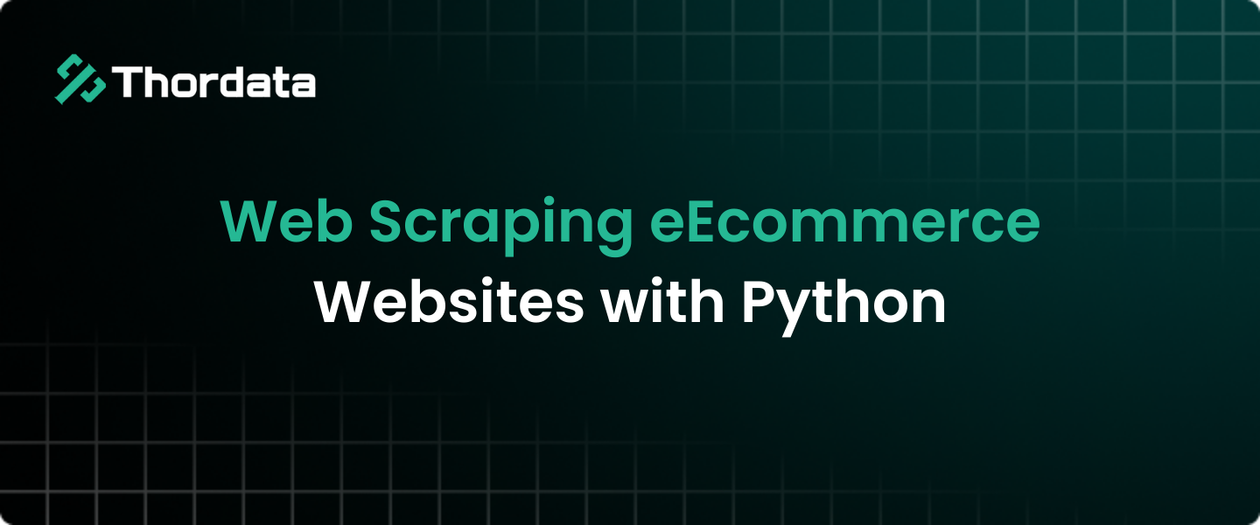
Web Scraping eCommerce Websites with Python: Step-by-Step
This article provides a detail ...
Yulia Taylor
2026-01-29
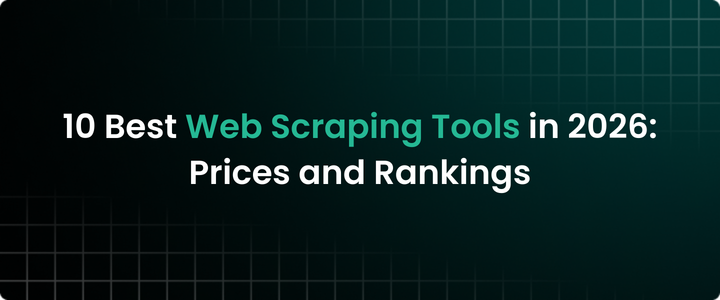
10 Best Web Scraping Tools in 2026: Prices and Rankings
In this article, discover the ...
Anna Stankevičiūtė
2026-01-29
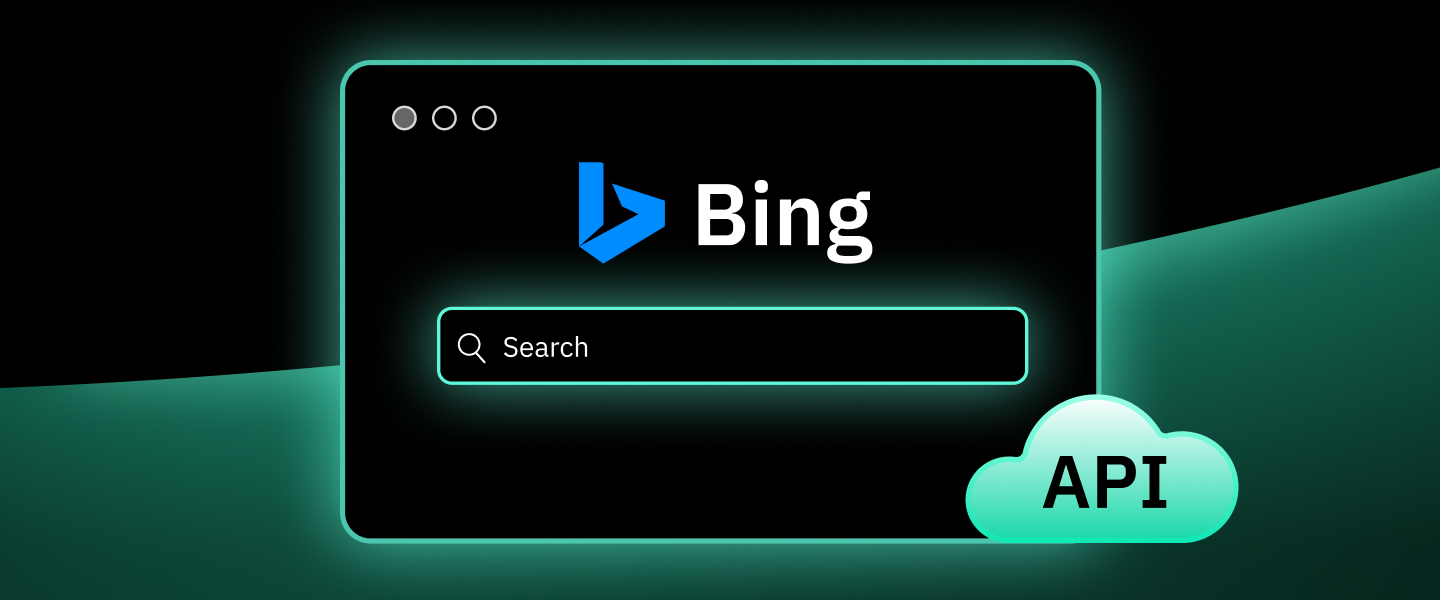
Best Bing Search API Alternatives List
Discover the best alternatives ...
Anna Stankevičiūtė
2026-01-27
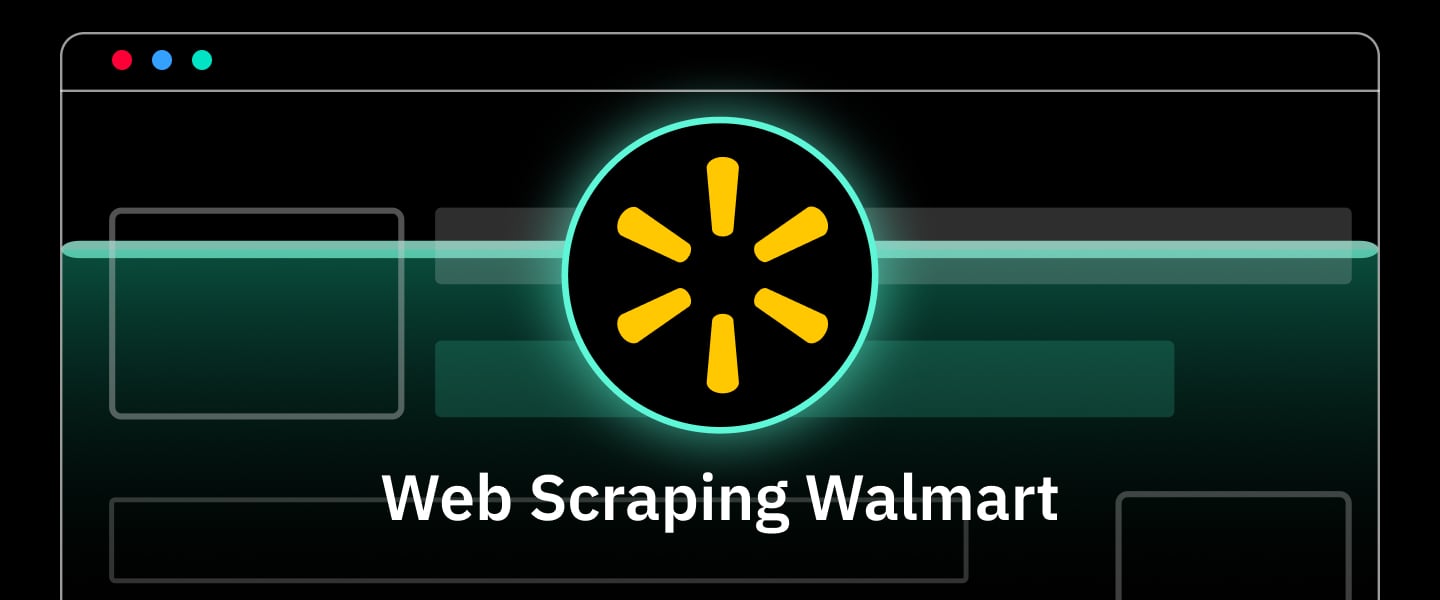
The Ultimate Guide to Web Scraping Walmart in 2026
Learn how to master web scrapi ...
Jenny Avery
2026-01-24
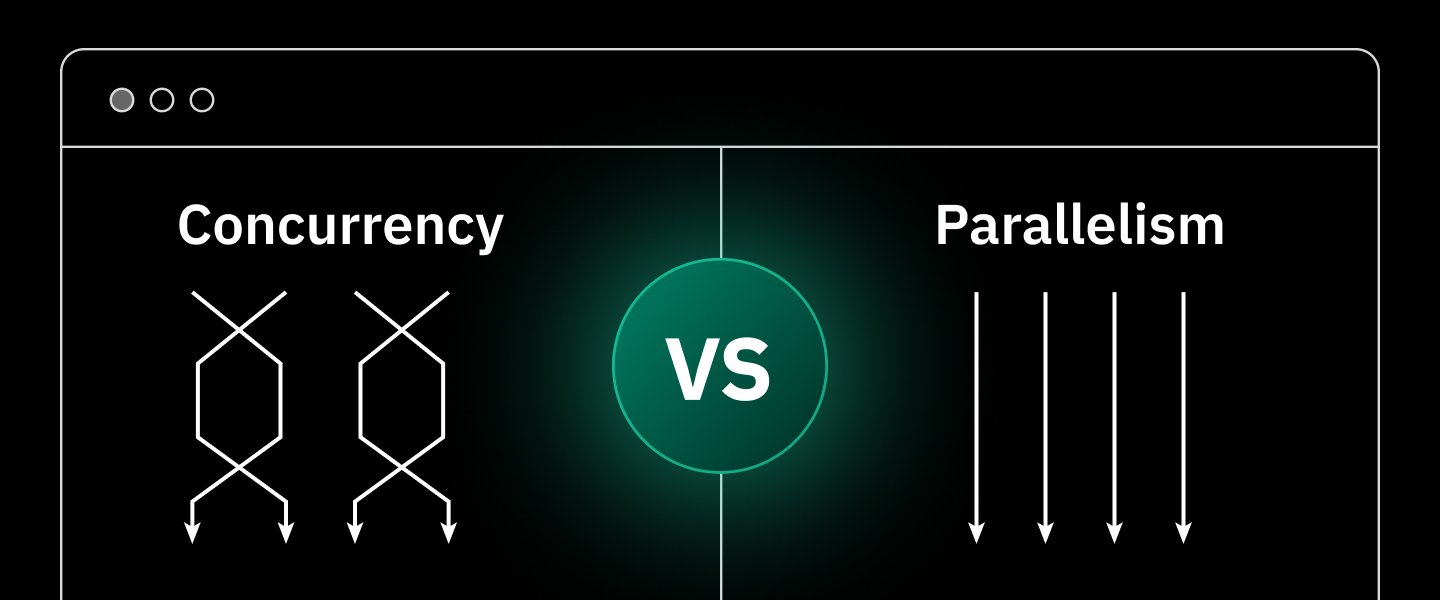
Concurrency vs. Parallelism: Core Differences
This article explores concurre ...
Anna Stankevičiūtė
2026-01-24

Best Real Estate Web Scraper Tools in 2026
Learn about the leading real e ...
Anna Stankevičiūtė
2026-01-23
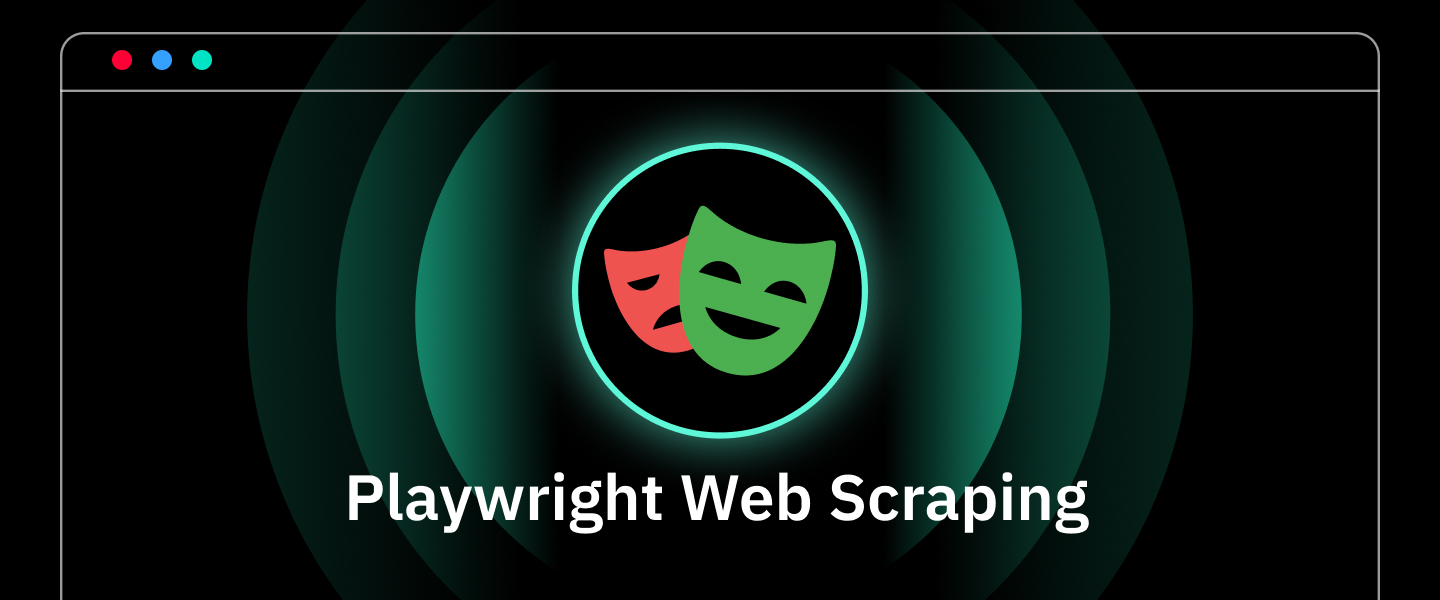
Playwright Web Scraping in 2026
Jenny Avery Last updated on 2026-01-22 7 min read […]
Unknown
2026-01-22

Top 5 Wikipedia Scraper APIs for 2026
In this article, we will help ...
Anna Stankevičiūtė
2026-01-19
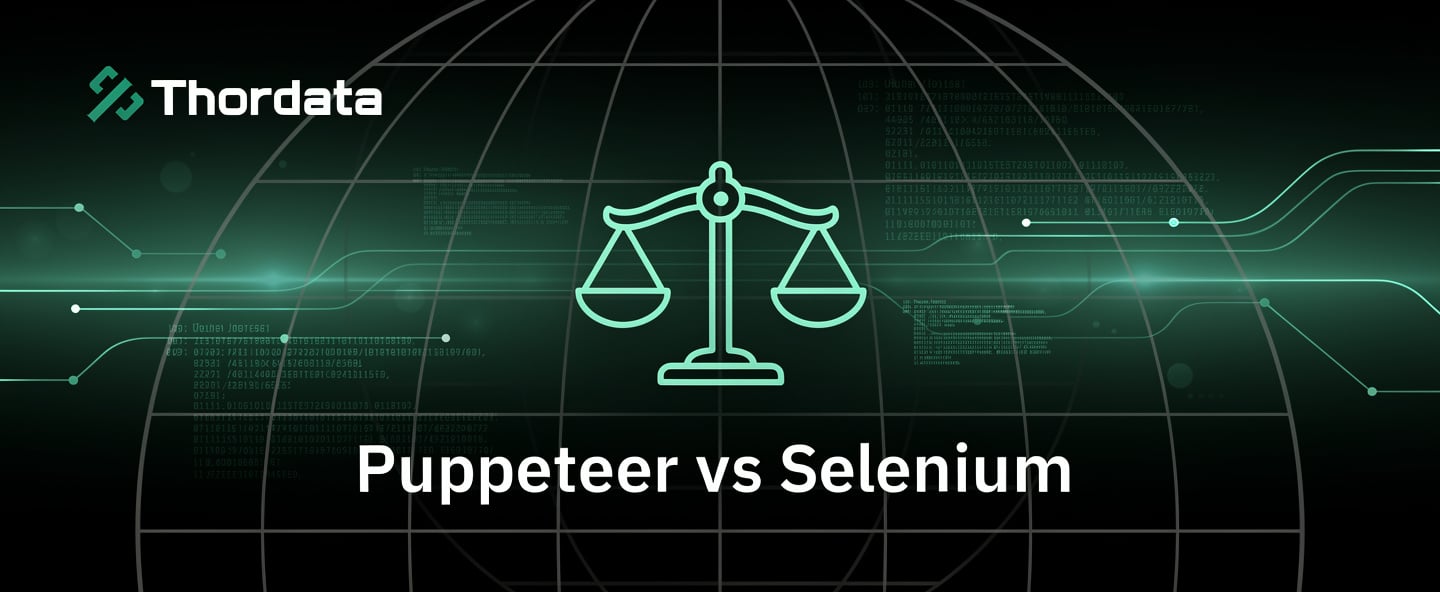
Puppeteer vs Selenium: Speed, Stealth, Detection Benchmark
Benchmark comparing Puppeteer ...
Kael Odin
2026-01-14